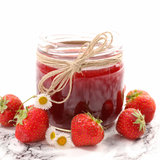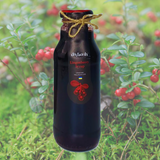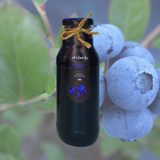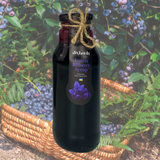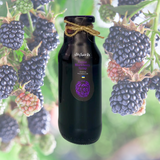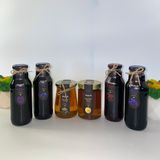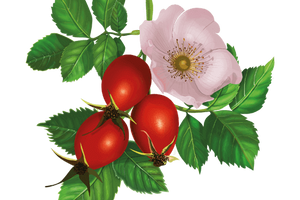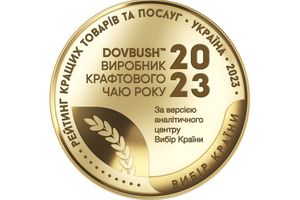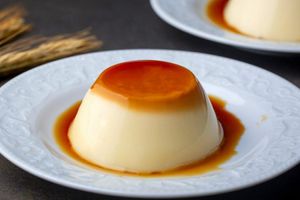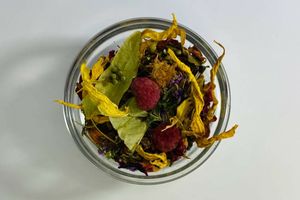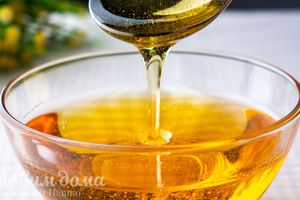Glühwein, also known as mulled wine, is a traditional beverage often associated with winter holidays and cozy evenings. This beverage has deep roots in the culture of European countries, particularly in Germany, Austria, and Scandinavian nations. Let's delve deeper into Glühwein and its distinctive features.
History
Glühwein has a long history dating back to the Middle Ages. Its origins are linked to Roman culture, and later, it became popular in medieval Europe. In the 17th century, Glühwein became a symbol of Christmas celebrations and winter festivities.
Ingredients and Preparation
The main ingredients of Glühwein include red wine, aromatic spices such as cinnamon, cloves, and ginger, sugar or honey for sweetness, and a slice of orange or lemon for freshness. These ingredients are simmered together over low heat for 20-30 minutes to allow all the flavors and aromas to meld.
Taste and Traditions
Glühwein has a warm, aromatic flavor with notes of spices and fruits, making it an ideal beverage for winter evenings. In many countries, it is popular at fairs and Christmas markets, where people enjoy hot Glühwein during various festive events.
Health Benefits
Apart from its pleasant taste and aroma, Glühwein also offers certain health benefits. For example, the spices used in Glühwein are known for their antioxidant properties and ability to support immunity. Additionally, Glühwein can be an excellent way to warm up in cold weather and lift your spirits.
Conclusion
Glühwein is more than just a beverage; it is a symbol of winter holidays, comfort, and joy. It brings people together during festive events and provides warmth during the cold season. Whether at home with family and friends or at fairs, Glühwein will always be a welcoming hot drink that warms your soul and brightens your heart.









